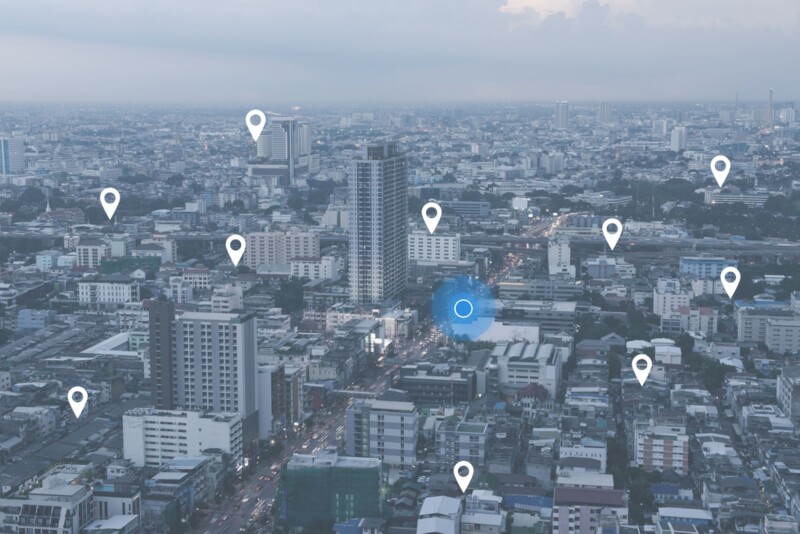Late in 2022, the Linux Foundation announced the formation of a new collaborative effort around open map data called Overture Maps Foundation (OMF). The group, which is led by Marc Piroleau and boasts Amazon Web Services (AWS), Meta, Microsoft, and TomTom as their founding members, have come a long way in that short time and spoke at Geo Week 2024 about their mission. Last week, OMF announced their latest big milestone, releasing the beta for its first open map dataset.
While they haven’t necessarily been biting off more than they can chew, there’s no doubt that OMF has moved swiftly since its initial founding little more than a year ago, though it helps to be backed by some of the biggest companies on the planet. After their founding in December of 2022, they quickly turned around their very first preliminary dataset in May of last year, which was meant largely as a proof-of-concept seeking feedback from the community. A few months after that, in August, they released their first alpha version of their dataset, about which Piroleau spoke with Geo Week News. Finally, earlier this year, they added Open Buildings Data to their dataset for the first time.
All of this has led to this most recent announcement about a true beta being launched for this dataset. In their announcement of the news, OMF says the release signifies “that OMF’s foundational data is approaching production-ready form and format.” With the release, those interested in utilizing this data – such as mapping service and application providers – can test using the open data and schema for a variety of applications. As with any beta release, OMF will be looking to collect feedback from those users leading up to their general release, which could come this summer.
The beta release includes five base layers assembled from a variety of open data sources, including OpenStreetMap, satellite and aerial imagery, and more. Those layers are as follows, taken from OMF’s announcement:
Places of Interest: This includes data on nearly 54 million places worldwide with associated confidence scores that allow users to build map based local discovery tools or to power local search engines.
Buildings: With 2.3 billion unique building footprints worldwide. Any mapping services provider or developer can add their data on top of the building information, creating new use cases ranging from property management, risk assessment, and economic development to 3D visualization and more.
Transportation: Representing a worldwide network of roads, footpaths and other travel infrastructure that has been provided in a normalized schema for easy use in map applications.
Administrative Boundaries: A global open dataset of national and regional administrative boundaries, this boundary data includes regional names which have been translated into over 40 different languages to support international use.
Base: These contextual layers include land and water data and help complete display maps when needed.
OMF indicates that some of their leading members have already begun to incorporate this data into their services and products. Some examples include Microsoft, who is using the data to enhance Bing Maps. Esri, meanwhile, is using data from OMF to publish new 2D and 3D map layers in ArcGIS, while TomTom is doing the same into their Orbis Maps offering.
“Overture is delivering on its promise to build and deliver high-quality map data to support mapping applications,” said Piroleau in a statement. “This Beta release brings together multiple sources of open data, has been through several validation tests, is formatted in a new schema and has an entity reference system that allows attachment of other spatial data. This is a significant step forward for open map data by delivering data that is ready to be used in applications. It also lays the path for future improvements and expansion of the dataset. Our member companies have already begun to use Overture and we look forward to many more users and feedback so we can quickly get to production and deliver a comprehensive, market-grade open map dataset.”






